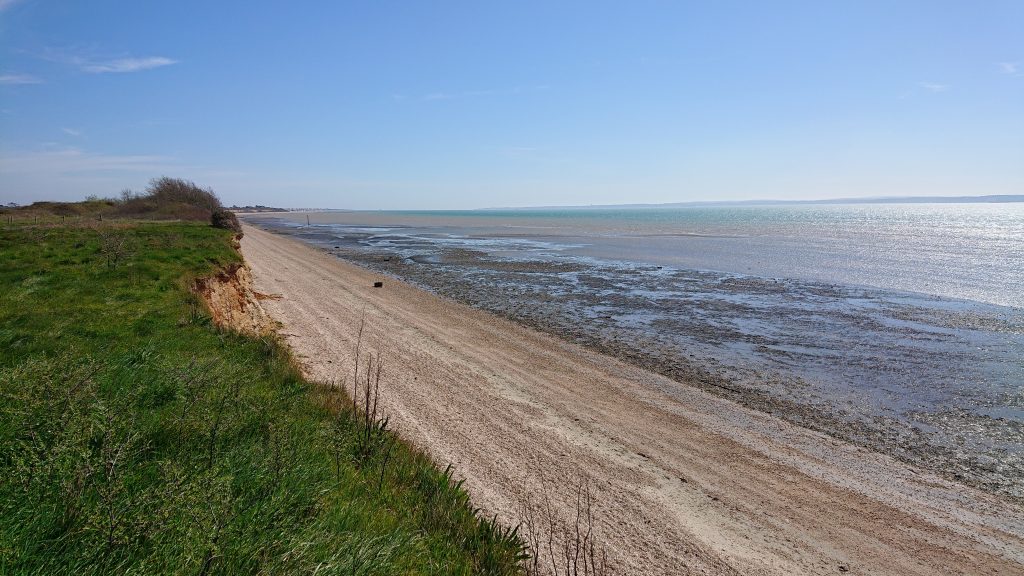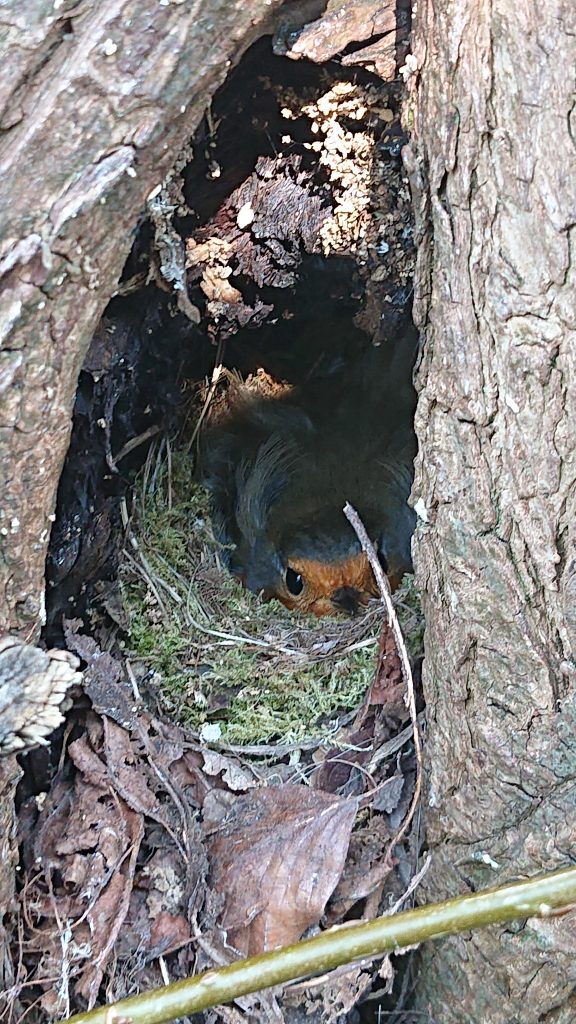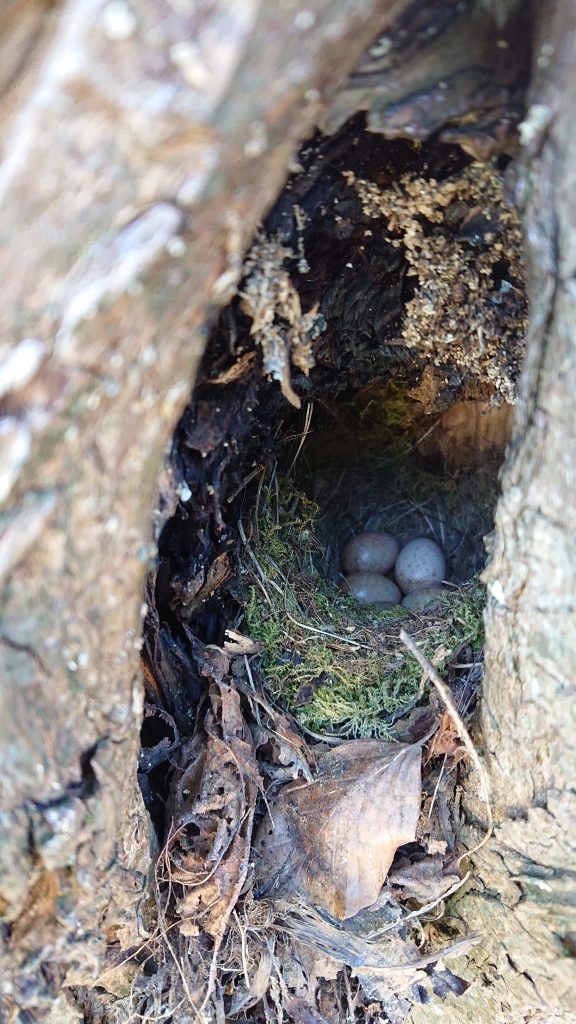
That is what the US Marine Corps are taught. A mindset that allows them to deal with any physical, mental or spiritual hardship. When forced to, like we have been recently, we can adapt. Change can take place quickly, but it takes time to transition to an ongoing behaviour. In the UK we have experienced nearly four weeks of lockdown and now face three more weeks in these extraordinary circumstances. What have we changed in this time and what can we achieve given three more weeks to make it happen?
It is said that a new habit can be formed in as little as 21 days, but other sources say that for some it can take up to 66 days for a new behaviour to become automatic. A change in our habits does take time and it is incredible how we have all managed to adapt recently. In this ‘new normal,’ what else has changed?
For each of us it will be a personal journey; many of us will be grateful for having time and space – a break from the frenetic lives we lead. A period of having mental capacity to think and process our thoughts. Spending valuable time with the family, like having lunch with our partner and children each day. Hearing nature spring into life outside our door, listening to the birdsong. No longer losing time in our daily commute, making savings in money and reducing the cost on the environment too. Prioritising needs, rather than thoughtless purchasing and fulfilling purely materialistic desires. Becoming less focussed on material possessions and seeing true value in basic human needs. Digital platforms are delivering many of our requirements to connect both on a personal and business level, removing the need to travel for face to face meetings, many of which are now regarded as unnecessary. There is a realisation that it is our attitude, our commitment and relationships with people that help us succeed and not where we are sitting when we do our work. No doubt there will be many companies that will re-assess how and where their employees work moving forward. The big office with everyone travelling to work each day from 8am to 6pm, for many, may become a thing of the past.

There is of course a more challenging flip side to this situation. That of keeping children occupied all day while trying to balance working from home and managing the household. Understanding that by no longer eating lunch and meals out, the household consumes far more food than you realised. The disappointment of checking the fridge as you pass multiple times a day to see if some treats have miraculously appeared or the fact that you need reminding before that online video call that you need to brush your hair and change out of your pyjamas.
I hope that everyone has found a moment of time each day to be thankful for the small things in life that you can be positive about. If anything, Captain Tom Moore, has proven to all of us that something very simple can inspire people beyond what we thought was imaginable. Looking at the wider impact our new circumstances are having, it is clearer than ever that the toll our lifestyles were taking on the planet were unsustainable. If nothing else, let’s hope this unprecedented situation becomes our environmental turning point.
The most extensive travel restrictions since World War II being in place are aimed at preventing the spread of Covid-19 and ultimately reduce the death toll. The unintended consequences of this has brought about a sudden drop in carbon emissions. Compared with last year, the pollution in New York has reduced by nearly 50%, in China emissions fell by 25% at the start of the year as people stayed at home and with factories stopping production, coal use fell in China by 40%. European satellite images show nitrogen dioxide emissions falling over Northern Italy and the canals of Venice running clear and blue as cruise ships stop sailing. Similar signs of the positive environmental impact are being seen across the UK and the rest of Europe.
Of course, the other consequence of this profound change on a worldwide scale is that economic activity has stalled, tumbling stock markets are threatening livelihoods and resulting in job losses. With Covid-19 taking its toll on lives, health services and mental wellbeing, there is a high tariff being paid for a reduction in emissions.
What it has shown us all is the difference a community can make when they pull together. We have the potential to change our behaviour and create new habits in the six weeks of lockdown. We are travelling for essential purposes only, cutting down on food waste, managing shortages and looking out for each other. These positive impacts of the pandemic are all aspects of life I hope will continue when we come out the other side of this. At a time when we are talking about the fear and anxiety caused by this unseen global killer virus, I hope we can also continue to talk about the unseen global threat to our planet of the Climate Crisis and take action.
